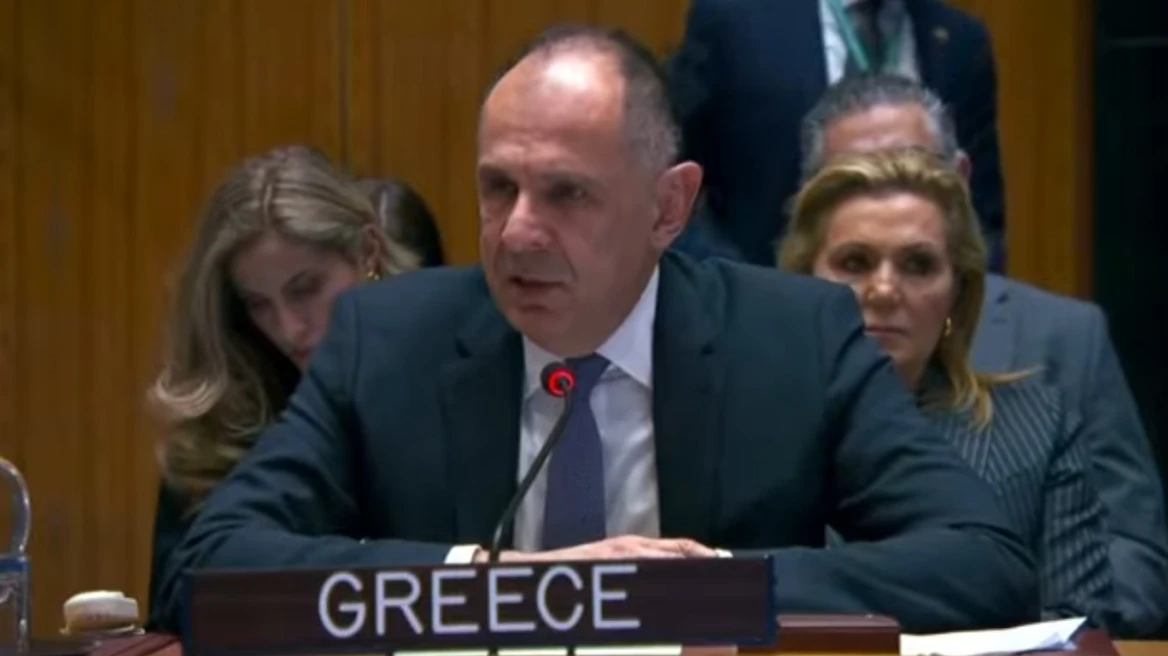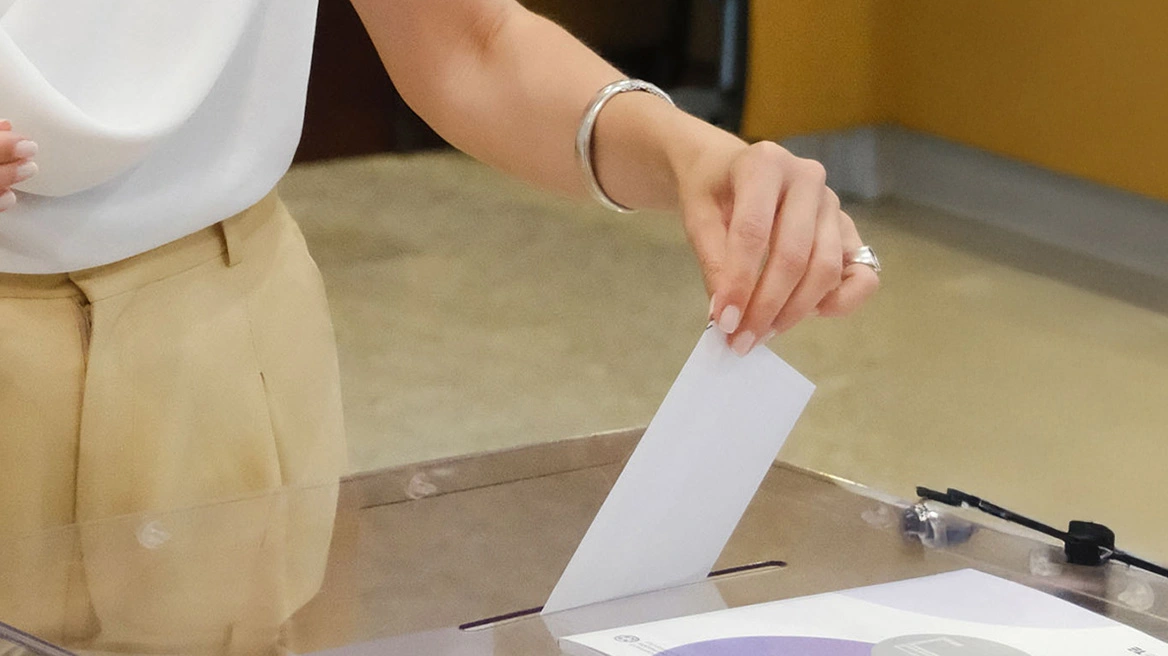Following the ‘green light’ by the ESM for the release of a first installment to Greece, Wednesday, allowing the near-bankrupt country to meet an August 20 bond payment deadline to the European Central Bank; and the ratification of the 3rd rescue plan in the remaining EU parliaments, Greek PM Alexis Tsipras is expected to take the initiative on the domestic political front in light of the split within his own party SYRIZA.
Just a day after information leaked by government sources that a Presidential Decree would be submitted for the opening of Parliamentary summer committees, which would mean the prospect of early elections was off the table, 2 new scenarios emerged.
According to sources, Tsipras is examining both and weighing their pros and cons to ascertain the most optimal solution for his party under the current volatile circumstances. Scenario no.1 sees Tsipras calling for an immediate confidence vote Monday, thus putting the pressure on the ‘Left Platform’-the hard-line leftists within SYRIZA led by MP Panagiotis Lafazanis opposing the harsh terms linked to the 3rd bailout plan and calling for a return to a national currency-and forcing to choose between backing the government or withdrawing their support and being tainted as ‘traitors’ and overthrowing the first left government in Greece.
Having lost the majority in Parliament, Tsipras would then call early elections exploiting the negative stance of the Left platform to his pre-election advantage. The only ‘hole’ in this scenario is that MPs belonging to the leftist faction have stated they would back the government in the vote of confidence, giving it a relative majority of 120 seats according to the Greek Constitution, in which case Tsipras would have to continue to govern.
According to the second scenario, Tsipras will avoid the procedure of the confidence vote all together and go straight to the President of Greece, Prokopis Pavlopoulos and officially ask for early elections. The President would then order the leaders of the other parties to attempt to create alliances and form a government from the current parliament.
If they were unable then early elections would be called. The Greek government has decided to go for early elections. The question is when. The swift move for election in September is the scenario that seems more appealing to the Tsipras camp as they argue the ‘Left Platform’ will not have enough time to organize, the electorate will not have felt the ‘pain’ of the new harsh measures and Tsipras’s positive political profile will not have suffered as much.
Ask me anything
Explore related questions





